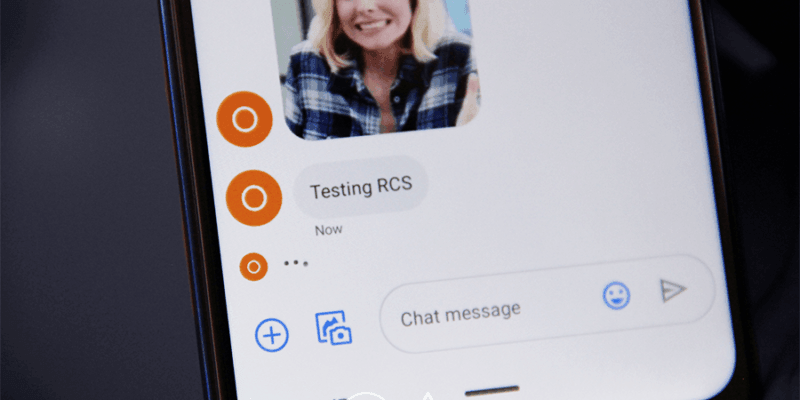In the realm of mobile messaging, Apple’s iMessage has long reigned supreme. They offer a suite of features that far surpass the capabilities of the standard SMS/MMS protocol. However, iMessage has also created a barrier to communication between iOS and Android devices. This is where Rich Communication Services (RCS) enters the Apple picture.
RCS was envisioned as a successor to SMS. The plan was to have it offer a more modern and feature-rich messaging experience. However, RCS adoption has been slow, with carriers and device manufacturers hesitant to embrace the standard. Google, a major proponent of RCS, has integrated the protocol into its Android Messages app. Unfortunately, its widespread adoption has been hampered by Apple’s reluctance to support RCS on iPhones.
Apple’s Stance on RCS: A History of Disdain
Apple has consistently maintained that RCS is not a viable solution for cross-platform messaging. They are citing concerns about its fragmented nature and lack of security. The company has also been accused of strategically blocking RCS adoption in order to maintain its grip on the messaging landscape.
Google, on the other hand, has been a vocal advocate for RCS. They argue that it is the only way to provide a truly seamless messaging experience across all devices. The company has even resorted to subtle tactics, such as green-bubbling iPhone users in group chats, to highlight the limitations of SMS/MMS.
A Turning Point: Apple’s RCS Acceptance
In a surprising turn of events, Apple has announced that it will be adding support for RCS messaging to iPhones in 2024. This decision marks a significant shift in the company’s stance on RCS.
This decision is likely a result of several factors, including:
- Regulatory pressure: The European Commission has been pushing for a more unified messaging landscape. Apple may have faced regulatory action if it continued to block RCS adoption.
- User demand: As more and more people use multiple devices, the demand for a seamless messaging experience increases. Apple may have realized that it could not ignore this demand indefinitely.
- Competitive pressure: Google’s efforts to promote RCS have been gaining traction. Apple may have felt the need to respond in order to protect its market share.
The Future of Messaging: A More Unified Landscape
Apple’s decision to embrace RCS is a positive development for the mobile messaging industry. It will allow for a more seamless and feature-rich messaging experience across all devices. All regardless of platform. While RCS may not completely replace iMessage, it will play a significant role in the future of mobile communication.






As of the last update, there were discussions and suika game debates around Apple’s adoption of RCS, with concerns about its fragmented nature and security.
In the latest discussions, there have been intense debates on Apple’s decision to adopt RCS, focusing on its fragmented nature and security issues. These discussions also touched upon the implications for apps like geometry dash which could be affected by changes in device communication standards.